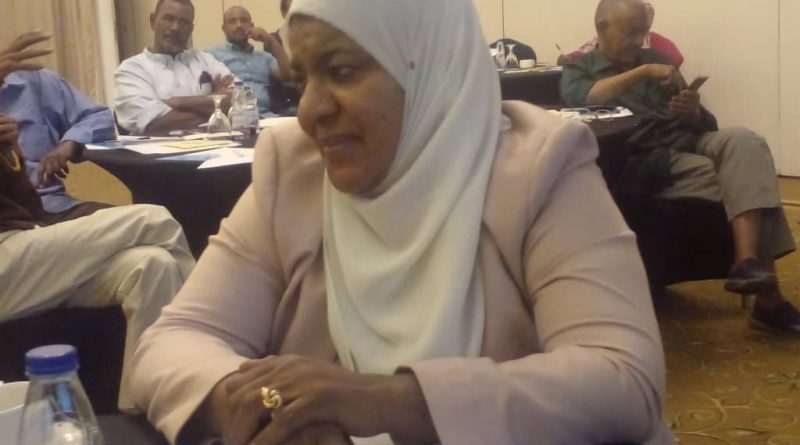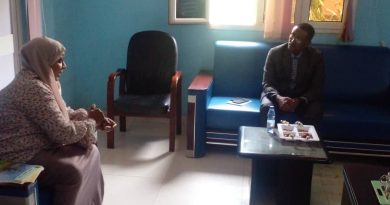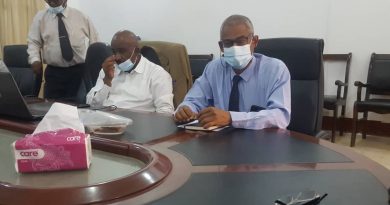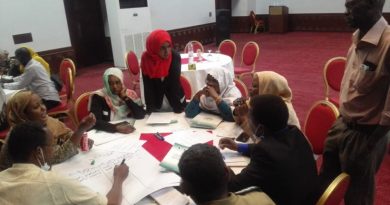Secretary-General: Capacity development is an essential pillar in environmental work
The Secretary-General of the Higher Council for Environment and Natural Resources, Dr. Mona Ali Mohamed Ahmed stressed on the importance of developing institutional, legislative, educational and information capabilities as an important input and a key pillar in the process of environmental action. She noted that this is should not be limited to academics or those in cities, and that it should reaches local and simple groups affected by the environment and influence the environment.
During her address, the inaugural self-assessment plan workshop for Sudan’s capabilities to implement agreements on climate change, biodiversity and desertification, she acknowledged the lack of awareness and environmental education, expressing her hope that the Council would play a positive role in this aspect by building on the experiences of leading countries to contribute to to behavioural modification and environmental upgrading.
On his part, the National Director of the International Environmental Agreements Implementation Project, Professor Miqdam Sheikh Abdul Ghani, considered the workshop as a further step towards the inventory and identification of Sudan’s needs in raising and building capacity for the implementation of the plan.
The national expert for the implementation of the project’s national capacity self-assessment, Dr. Ahmed Ali, Hassab Al-Karim, addressed the importance of this component, its implementation plan and its intended benefits. Participating experts discussed the plan, introducing recommendations and proposals to improve performance




